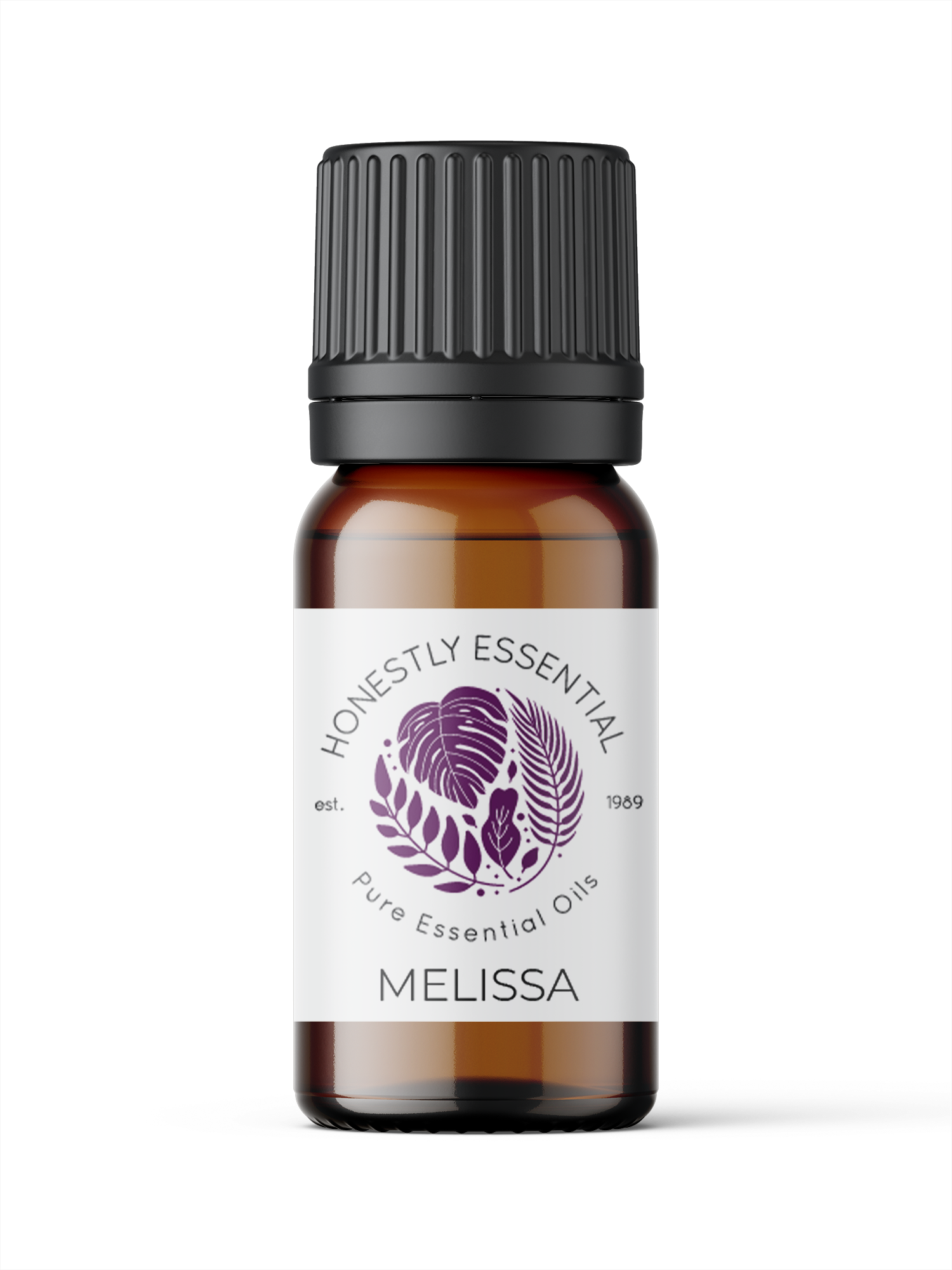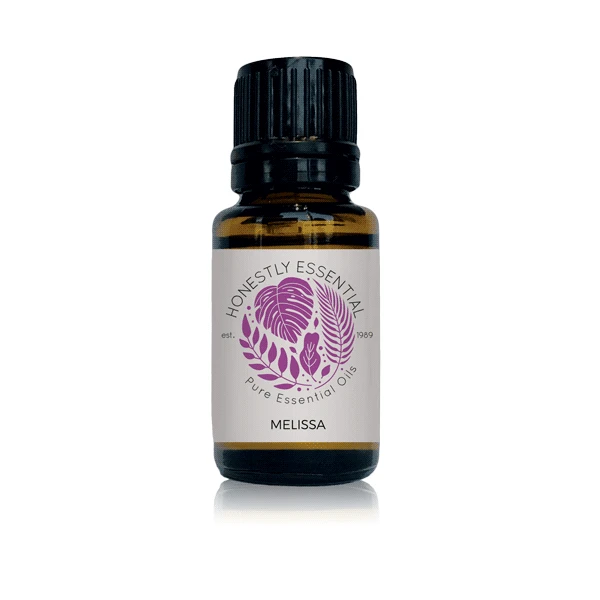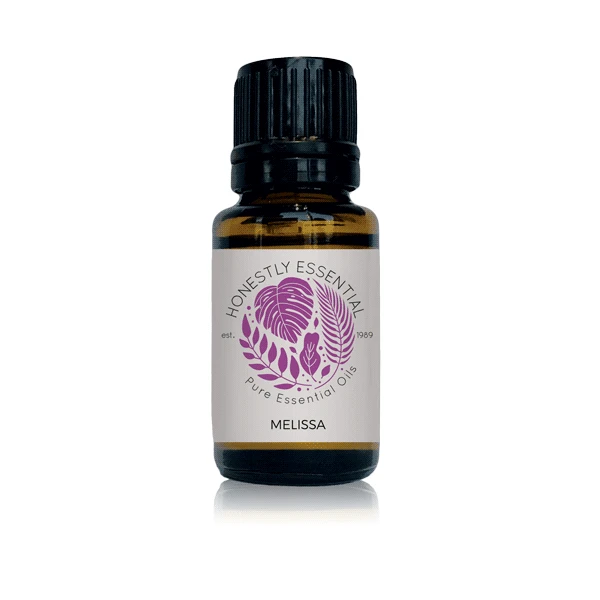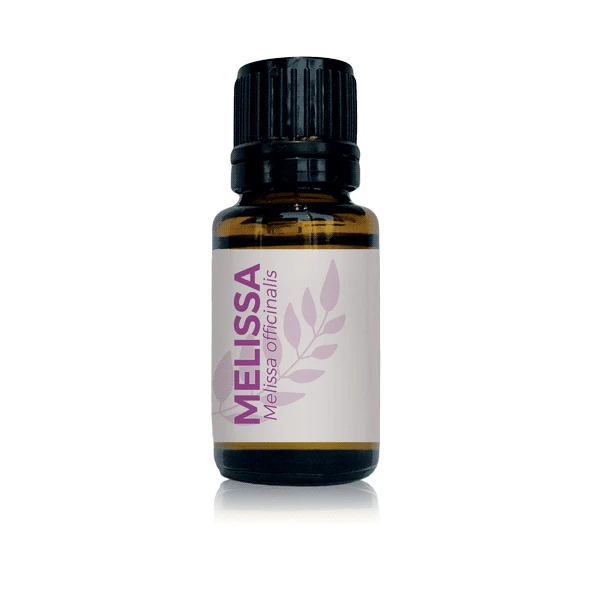











Certifications: Kosher. Vegan.
Botanical Name: Melissa officinalis.
Main Constituents:
Neral: 19.6%
Geranial: 30.7%
Plant Part: Leaves
Origin: Slovenia
Processing Method: Steam Distilled
Description / Color / Consistency: A thin, clear, colourless to yellow liquid.
Aromatic Summary / Note / Strength of Aroma: A middle note with a medium aroma, Melissa Leaf Essential Oil has a warm and radiant scent reminiscent of lemons.
Blends With: Bergamot, Cedarwood, Geranium, Jasmine, Lavender, Lemon, Marjoram, Neroli, Rose, and Ylang-ylang.
Product Abstract: Related to mint and native to the Mediterranean basin and Central Asia, the herb's name Melissa comes from the Greek for honey bee, as its white flowers are a favorite of bees. It was thought to give comfort and drive away sadness, and has always been grown as a common garden herb. It is a main ingredient in Carmelite Water, which has been popular for centuries.
Cautions: Dilute before use; for external use only. May cause skin irritation in some individuals; a skin test is recommended prior to use. Contact with eyes should be avoided.
Certifications: Kosher. Vegan.
Botanical Name: Melissa officinalis.
Main Constituents:
Neral: 19.6%
Geranial: 30.7%
Plant Part: Leaves
Origin: Slovenia
Processing Method: Steam Distilled
Description / Color / Consistency: A thin, clear, colourless to yellow liquid.
Aromatic Summary / Note / Strength of Aroma: A middle note with a medium aroma, Melissa Leaf Essential Oil has a warm and radiant scent reminiscent of lemons.
Blends With: Bergamot, Cedarwood, Geranium, Jasmine, Lavender, Lemon, Marjoram, Neroli, Rose, and Ylang-ylang.
Product Abstract: Related to mint and native to the Mediterranean basin and Central Asia, the herb's name Melissa comes from the Greek for honey bee, as its white flowers are a favorite of bees. It was thought to give comfort and drive away sadness, and has always been grown as a common garden herb. It is a main ingredient in Carmelite Water, which has been popular for centuries.
Cautions: Dilute before use; for external use only. May cause skin irritation in some individuals; a skin test is recommended prior to use. Contact with eyes should be avoided.







